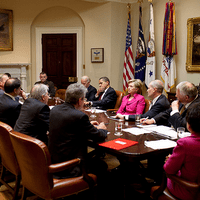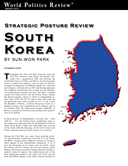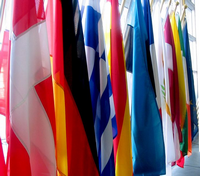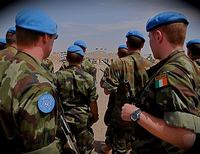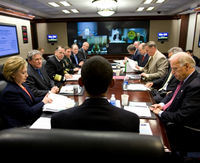
During the 2008 presidential campaign, Barack Obama famously declared that he was running for the nation’s highest office not simply to end the war in Iraq, but to change the mindset that got America involved in Iraq in the first place. More than a year into his presidency, he is discovering that such a seminal transformation is far easier said than done. From Afghanistan and Guantanamo Bay to repairing America’s impaired global image, precious energy and political capital is being spent extricating America from the disastrous impact of the Bush administration’s stewardship of U.S. foreign policy. But as catastrophic as […]

